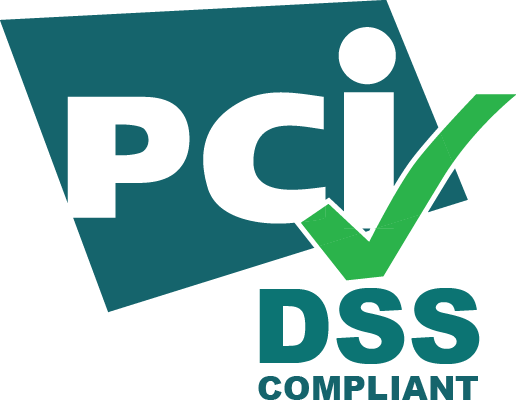Understanding PCI DSS: A Blueprint for Protecting Cardholder Data
The Payment Card Industry Data Security Standard (PCI DSS) is a critical framework for securing payment card data. Whether you're securing a small e-commerce site or monitoring logs in a SOC environment, PCI DSS offers structured guidance to prevent data breaches and reduce risk.
ARTICLES


The Problem
A small business launches an online store. Payments work smoothly through credit cards. But one day, the SOC picks up a pattern: database queries outside business hours, a sudden spike in outbound traffic, and logs pointing to unauthorized access to payment records. The breach is real, and the damage is already done.
The owners thought their hosting provider "handled security." They used SSL, kept passwords strong, and even had antivirus on the server. But they missed one thing: a formal structure for protecting cardholder data.
The PCI DSS Response
This is where the Payment Card Industry Data Security Standard (PCI DSS) steps in—not as a legal obligation, but as a blueprint that could have helped prevent this exact scenario.
Instead of wondering where to start, PCI DSS breaks the challenge into 12 clear requirements that touch every layer: from firewalls and encryption to access controls, monitoring, and policy.
Had they segmented their network, masked card numbers, monitored logs through a SIEM, and limited access using role-based controls, the breach might have been detected earlier—or not happened at all.
Implementation as a Thought Process
Implementing PCI DSS is less about following a checklist and more about developing a security mindset:
What data are we protecting? → Identify and classify cardholder data.
Where is it exposed? → Map data flows and find the weak links.
How do we reduce risk? → Apply encryption, logging, and access restrictions.
Can we prove it? → Maintain documentation and test controls.
These are the questions PCI DSS pushes us to ask—not just to comply, but to act.
Conclusion
Security is often seen as technical. But frameworks like PCI DSS remind us it is strategic. They help turn reaction into prevention, and uncertainty into structure. For any organization touching card data, it's not just about avoiding fines—it’s about earning trust.
So, whether you speak French or English, code in Bash or Python, work in a small team or a global SOC—PCI DSS is a conversation worth having.
